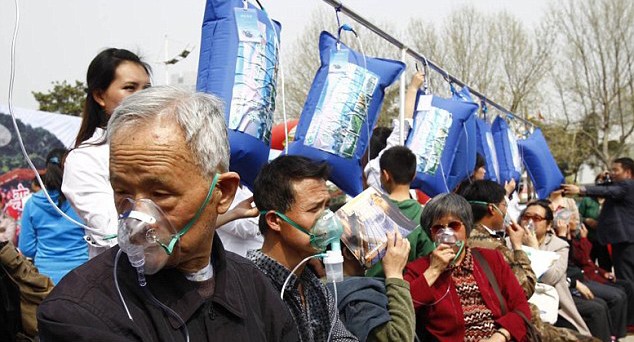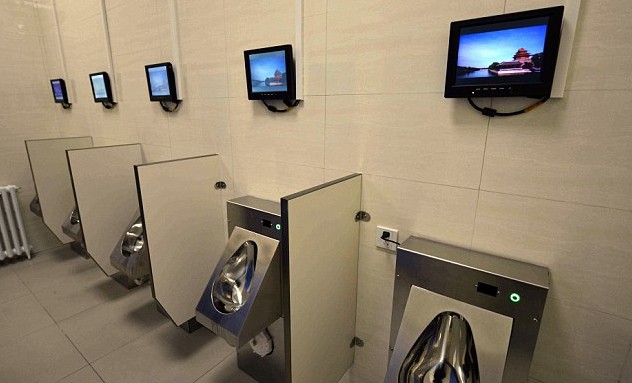A horrifying sign of the times is the peddling of packaged air, sold in bottles so that those with disposable income in badly polluted locales can breathe freely. It sounds like a smog-saturated setting imagined for a dystopic, futuristic novel, or, you know, contemporary China. Considering one of the two major American political parties would like to shutter the EPA and its nominee wants to remove “70 or 80% of the regulations,” we all might want to grab a six-pack if we can afford to.
Would you pay $100 for a whiff of Welsh air?
In some of the world’s most polluted cities, people apparently will: Sales of bottled air from fresh-smelling places are taking off.
An Australian company is hawking six-packs of air bottled in places like Bondi Beach in Sydney or the eucalyptus-covered Blue Mountains. A Canadian firm sells containers of Rocky Mountain breeze as an antidote to smoggy skies (“a shot of nature,” its marketing promises).
Aethaer, a British company, is hoping to turn packaged air into a popular luxury item in fast-growing markets like China. The company sells glass jars holding 580 milliliters (a bit more than a pint) of air from Wales — with a “morning dew feel,” according to its website — for 80 pounds, or $97.
The company’s 28-year-old founder, Leo De Watts, said he hoped buyers would come to regard his product as a collectible, like a “sculpture or a limited-edition print made by an artist.” “Clean air is actually a very rare commodity,” he said.
The market for all kinds of pollution-fighting tools is booming in many smog-choked cities in China, India and Southeast Asia. Innovations abound, including air purifiers that are attached to bicycles and outdoor towers that are meant to suck up smog.
Bottled air is one of the least practical but most talked-about ideas.•


